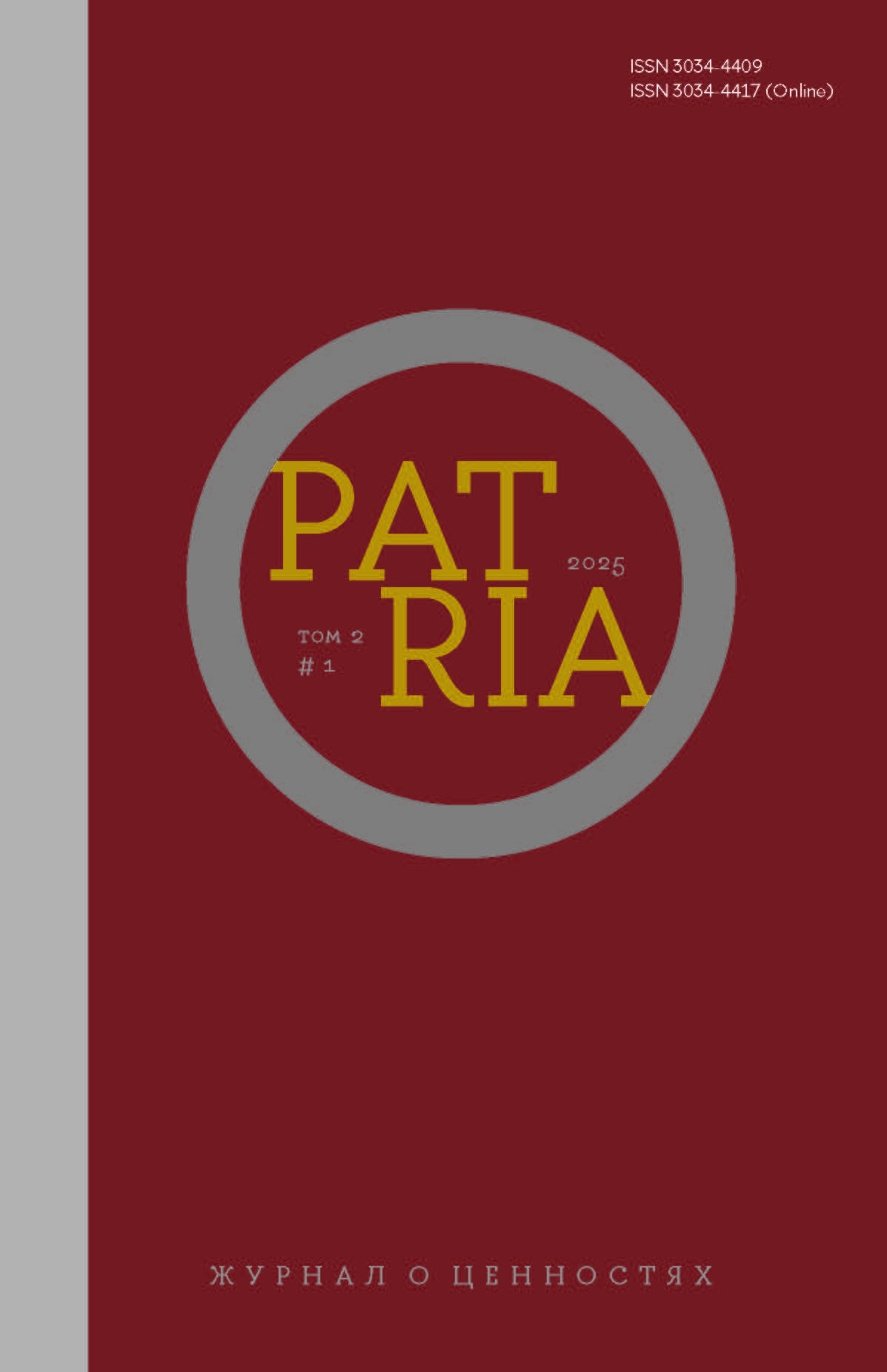Traditional Russian Spiritual and Moral Values in the Context of the School Social Studies Course
Abstract
The article examines the importance of introducing the value aspect into the Russian school social studies curriculum. It justifies the need for high school students to learn about traditional Russian spiritual and moral values, as expressed in current legislation. The article raises questions about the prerequisites for studying social studies in high school, as well as approaches to conceptualizing these values in a way that is accessible to students while still considering relevant theoretical developments in the social sciences. The content of old and new social studies textbooks for grade 9 is compared, and the empirical experience of the author, a social studies teacher at HSE Lyceum grades 10–11, is described in detail in relation to discussing traditional Russian values with students. The article discusses a range of topics that will be introduced into the new social studies curriculum, based on the federal educational standard for secondary general education. The author has compiled a list of verified content elements from the current code of verified requirements for the outcomes of mastering the secondary general education program, as well as content elements for the Unified State Exam (USE) in social studies. As a result of the author’s experience teaching social studies and preparing students for the USE, there are some conclusions about the potential value of including this aspect in the school curriculum. There is also speculation on the tasks that teachers and other members of the academic community face in achieving this goal.
Downloads
References
Afanasyev M. N. (2011) “Typology of Ideologies: The Right-Wing Idea”, Social Sciences and Modernity, no. 4, pp. 29–43.
Agre N. V. et al. (2024) Social Studies: 9th grade: a textbook, Moscow: Prosveshchenie-Soyuz.
“Convention on the Rights of the Child: Adopted by General Assembly Resolution 44/25 of November 20, 1989” (1989), Official Records of the General Assembly: Forty-fourth session, N. Y.: UN, pp. 230–239.
Decree of the President of the Russian Federation dated November 9, 2022 No. 809 “On Approval of the Foundations of State Policy for the Preservation and Strengthening of Traditional Russian Spiritual and Moral Values” (2022) (https://www.garant.ru/products/ipo/prime/doc/405579061, accessed on 03.02.2025).
Federal Law No. 124-FZ dated July 24, 1998 “On Basic Guarantees of Children’s Rights in the Russian Federation” (1998) (https://www.consultant.ru/document/cons_doc_LAW_19558, accessed on 03.02.2025).
Ionin L. G. (2010) Update of Conservatism, Moscow: Publishing House of State University — Higher School of Economics.
Kapustin B. G. (2004) “Society. What is Conservatism?”, Free Thought — XXI, no. 2, pp. 44–53.
Order of the Ministry of Education of the Russian Federation dated 03/19/2024 No. 171 “On Amendments to Certain Orders of the Ministry of Education of the Russian Federation concerning Federal Educational Programs of Primary General Education, Basic General Education and Secondary General Education” (2024) (http://publication.pravo.gov.ru/document/0001202404120003, accessed on 06.02.2025).
Sorvin K. V., Bogachev M. I., Fedorov O. D. (2021). Social Studies: 9th grade: a textbook (2nd ed., revised), Moscow: Prosveshchenie.
“The Codifier of the Verified Requirements for the Results of Mastering the Basic Educational Program of Secondary General Education and the Content Elements for Conducting the Unified State Exam in Social Studies” (2025), Federal Service for Supervision of Education and Science (https://fipi.ru/ege/demoversii-specifikacii-kodifikatory#!/tab/151883967-9, accessed 07.02.2025).
Volkov A. G., Maksimovich L. B. (2016) “Children”, The Big Russian Encyclopedia: Electronic version (https://old.bigenc.ru/economics/text/1949936, accessed on 06.02.2025).
Copyright (c) 2025 HSE University

This work is licensed under a Creative Commons Attribution 4.0 International License.



